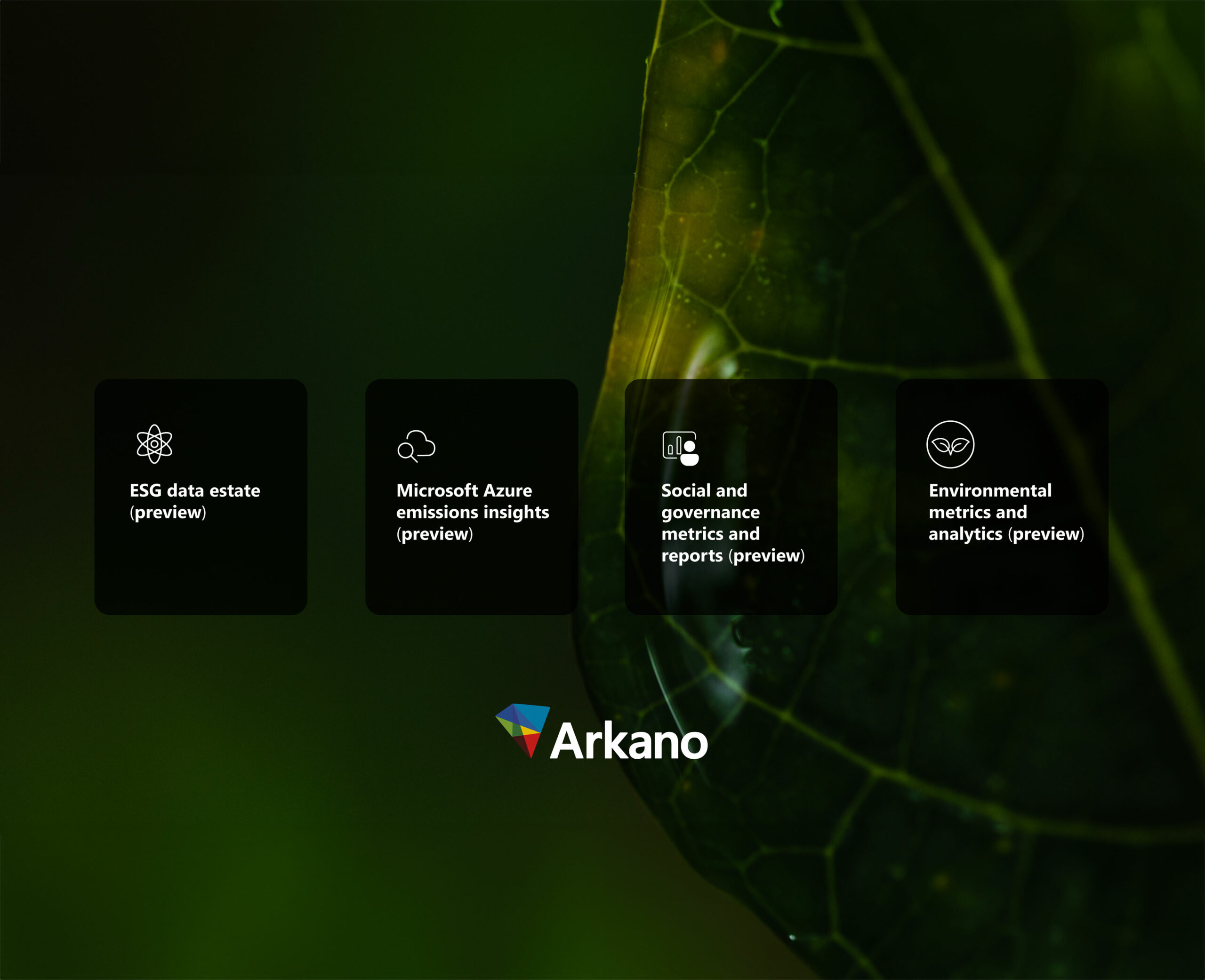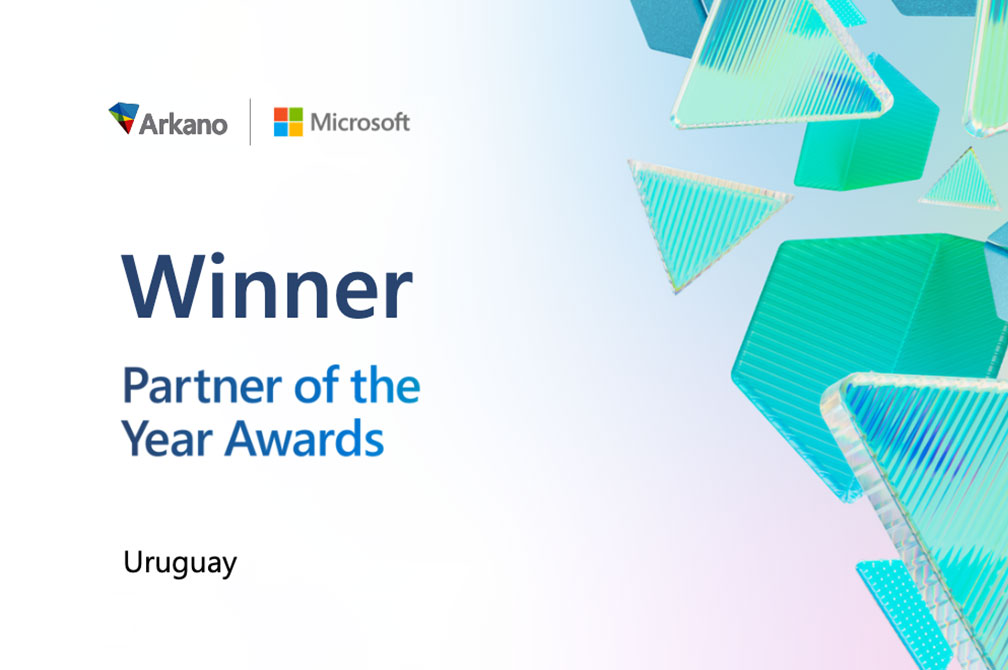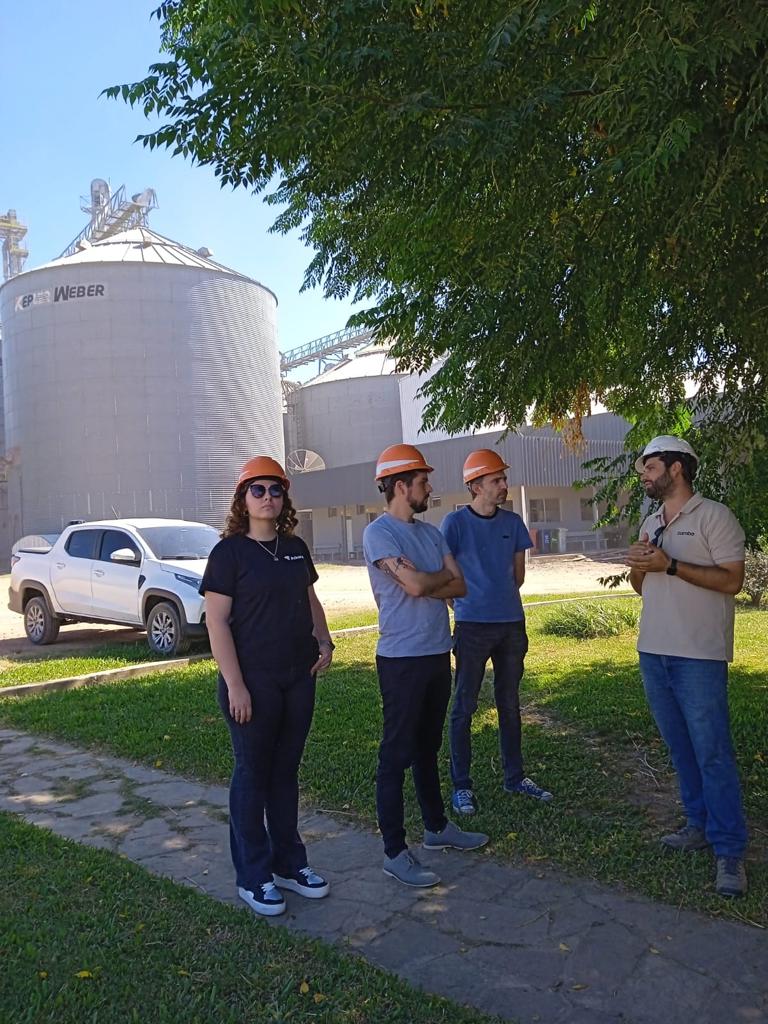By Diego Subotin
The Fintech Industry
They are companies that combine technology with financial services, offering innovative and accessible solutions for users. In this article we are going to explore how fintech are an example of financial and technological inclusion, as well as some of the most important trends that they are driving and what are the main challenges and opportunities they face, especially in Latin America.
Latin America is a particularly attractive market for fintech due to the low banking penetration in the region, which means that there are a large number of people who do not have access to basic financial services. Additionally, the region has experienced an explosion in mobile device adoption, allowing these companies to reach unbanked populations through mobile app-based solutions.
Key fintech trends in Latin America
- Financial inclusion: According to the World Bank, only 54% of adults in Latin America have a bank account, which means that there are more than 200 million people who are excluded from the formal financial system. This represents a huge opportunity for fintech that can offer digital financial services to these segments of the population, such as virtual accounts, electronic wallets, prepaid cards and money transfers. These services not only facilitate access to financial resources, but also promote financial education and the economic empowerment of users.
- Digital payments: Electronic commerce has grown exponentially in Latin America in recent years, driven by increased internet connectivity and the COVID-19 pandemic. However, many consumers still face barriers to when making online payments, such as a lack of credit or debit cards, or mistrust of security systems. For this reason, fintech has developed innovative solutions to facilitate digital payments in the region, such as payment processing platforms, payment gateways, payment aggregators, and mobile payment services. These solutions allow merchants to accept multiple payment methods, including cash, local or international cards, and cryptocurrencies.
- Alternative loans: Access to credit is another major challenge for many individuals/small businesses in Latin America, as traditional banks often have strict requirements and high interest rates. Fintech has harnessed the power of data analytics and artificial intelligence to offer alternative loans to these market segments, using alternative sources of information to assess credit risk and customize loan terms. Some examples of these sources are digital payment history, social media, online behavior, and biometric data.
- Savings and investment: Savings and investment are essential financial habits to improve people’s economic and social well-being. However, many Latin Americans do not have access to financial products suitable for this purpose, or do not have sufficient knowledge or confidence to use them. Fintech companies have created solutions that facilitate savings and investment in the region, such as crowdfunding platforms, robo-advisors, neobanks, and mobile applications.
Financial inclusion refers to the access and use of formal financial products and services by the population, especially the most vulnerable or excluded sectors. Financial inclusion has both individual and collective benefits, since it improves economic well-being, reduces poverty, encourages entrepreneurship and generates development.
Technological inclusion refers to the access and use of information and communication technologies by the population, especially the most marginalized sectors. Technological inclusion has both personal and social benefits, since it enablesaxpanding educational, employment, cultural and participatory opportunities.
Fintech is an example of how technology can facilitate financial inclusion by offering cheaper, faster, safer and more personalized financial products and services than traditional ones. Fintech can also reach segments of the population that do not have access to banks or that prefer more flexible and convenient alternatives.
According to the Fintech report in “Latin America 2018: growth and consolidation”, prepared by the Inter-American Development Bank (IDB) and Finnovista, there are more than 1,100 fintech startups in the region, with an annual growth rate of 66%. The countries with the most fintech are Brazil, Mexico, Colombia, Argentina and Chile.
At Arkano, we are proud to collaborate through Microsoft technology in promoting financial inclusion in Latin America. This initiative is allowing people from all regions to have democratic access to banking and financial services, which has generated a great positive impact in the region.
As a company committed to the growth and development of the region, we are proud supporters of companies and startups that are leading this change. Together, we are working to make money and banking easier for all citizens, which in turn is driving economic and social growth across the region.
We are convinced that this collaboration will continue to generate great benefits for the Latin American population, and we hope to continue being an active part of this initiative in the future.









